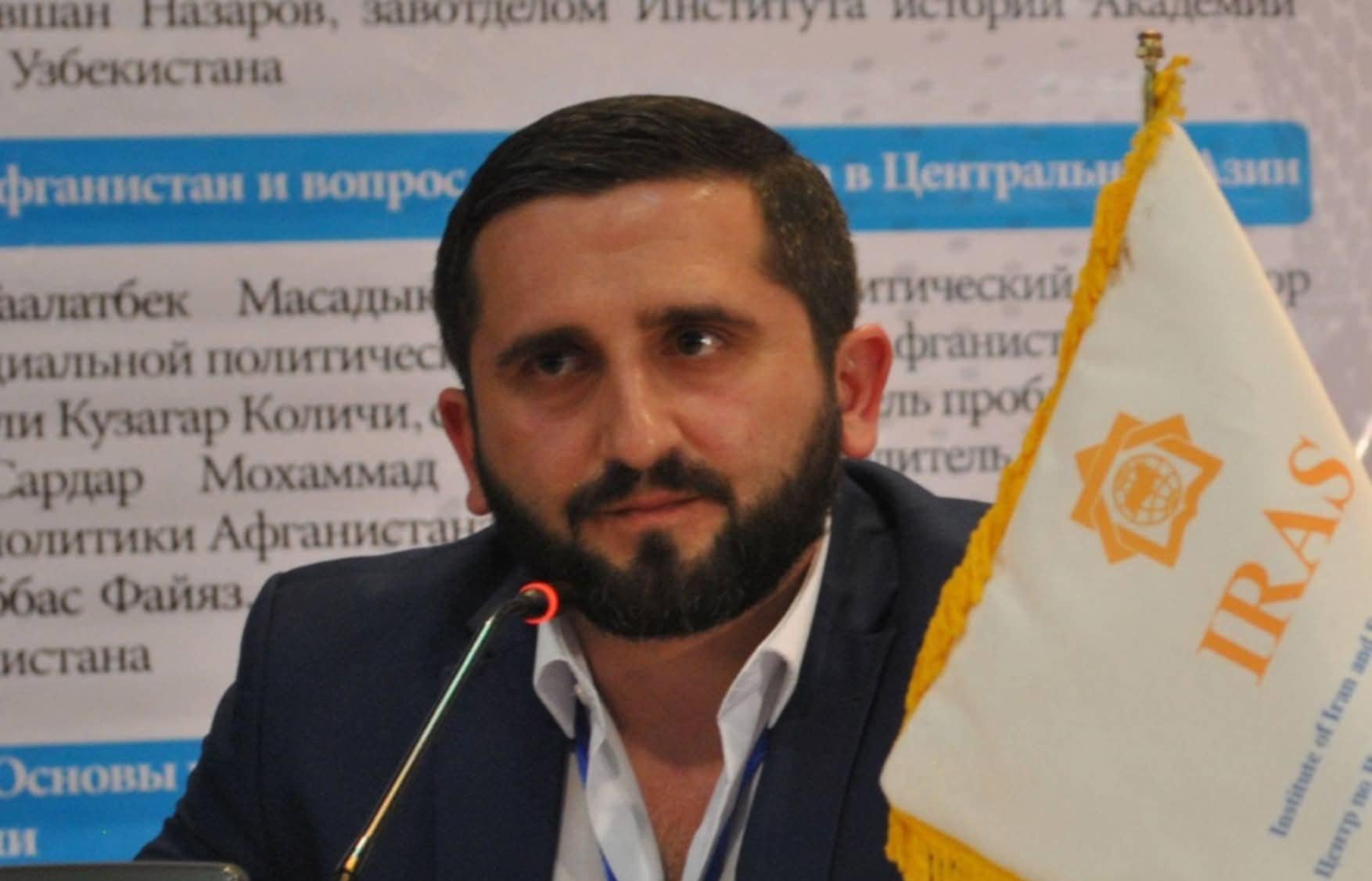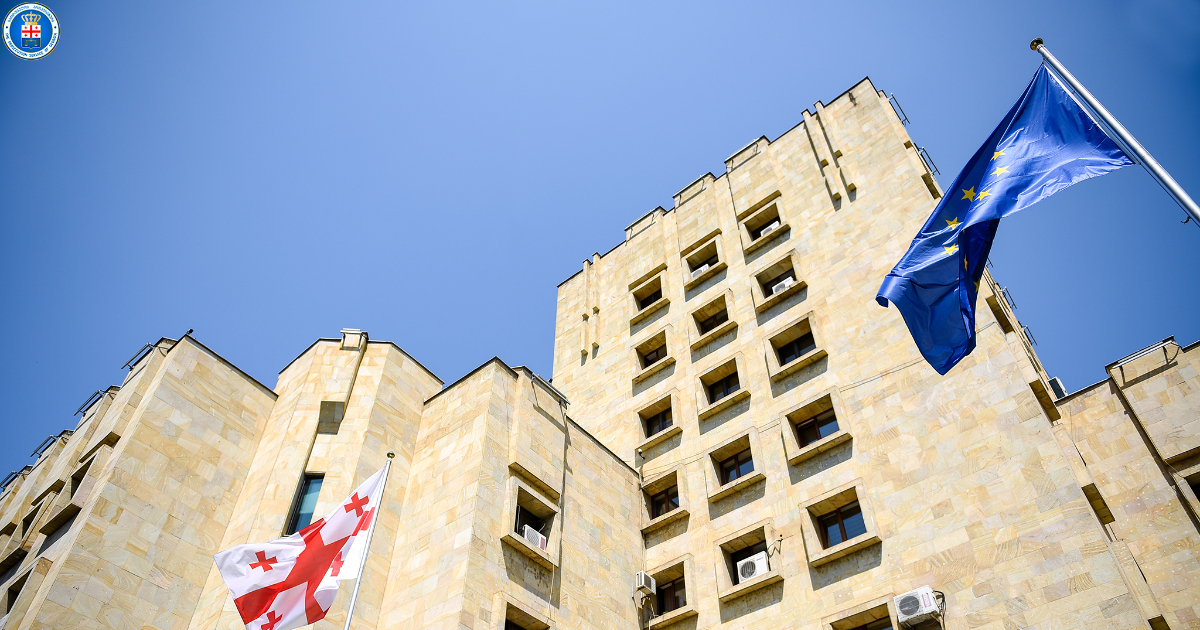Expert Vasil Papava: "Russia seeking foothold in South Caucasus, Georgia not ready for that role"

Author
Front News Georgia
The recent violent raids against Azerbaijani nationals in Yekaterinburg triggered strong protests from Baku and brought Russian-Azerbaijani relations to the brink. The Kremlin’s unusually restrained reaction, Baku’s efforts to curb Russian influence, and the shifting balance of power in the region all signal the emergence of a new geopolitical reality in the South Caucasus. Front News spoke with Vasil Papava, a specialist in Middle Eastern affairs, to discuss the implications for Georgia and the evolving role of Turkey.
– In recent days, tensions between Azerbaijan and Russia have sharply escalated following violent raids against Azerbaijanis in Yekaterinburg. Baku responded with strong protest. What does the Kremlin’s unusually mild tone suggest, and how likely is a deeper confrontation between Russia and Azerbaijan?
- Yes, during those raids, two brothers – the Safarovs – were killed. Baku saw this as an act of ethnic cleansing, which is not entirely unfounded. Russia is home to many ethnic groups involved in criminal networks, but the fact that the raid targeted only Azerbaijanis was understandably perceived as discriminatory.
Had the operation been part of a broader effort that included other ethnic criminal groups, Baku's reaction might have been less severe. Instead, Azerbaijan took tough measures: it canceled a visit by the Russian Deputy Prime Minister, suspended cultural events, raided the office of Sputnik Azerbaijan, and charged several journalists with collaborating with Russian intelligence. The Foreign Ministry demanded an investigation, and the Prosecutor General’s Office launched a probe into murder and torture.
Despite this, the Kremlin remained reserved, expressing only unofficial regret. Moscow does not want the situation to escalate into open conflict. This shows that the Kremlin is not looking for a clash with Aliyev, especially as its influence in the region is already diminished following the war in Ukraine. Russia has lost sway over Armenia and is now focused on preserving its remaining positions. I don’t expect this situation to develop into open conflict. Aliyev has demonstrated his independence and refusal to accept a subordinate role, highlighting his regional ambitions. In this context, Russia is avoiding aggressive steps.
– Baku seems to be gradually restricting Russian influence domestically – even discussing the closure of Russian-language schools. How do you assess this trend, and what is driving Baku’s tough stance?
- If we look at the chronology, Baku has been consistently limiting Russian influence. This began with consolidating control over its territory, followed by regaining Karabakh and removing Russia’s so-called peacekeepers. The closure of Russian-language schools and cultural centers is part of a broader policy aimed at fully restoring Azerbaijan’s sovereignty.
This effort is strongly supported by Turkey. Russia’s position in the region has been weakened by the war in Ukraine and international sanctions, and Azerbaijan is taking full advantage. Reducing the role of the Russian language and closing schools is part of a derussification process. While many Azerbaijanis still speak Russian, this policy reflects a shift toward strengthening national interests, which naturally increases tensions with Russia.
– What impact could tensions between Russia and Azerbaijan have on Georgia – especially given the Kremlin’s proposal for Georgia to join the North-South Transport Corridor and the revival of the 3+3 format?
- The recent tension casts uncertainty over the 3+3 format. Let’s not forget the incident involving the downing of an Azerbaijani aircraft over Grozny, after which Russia neither apologized nor offered compensation. This further fueled negative sentiment in Azerbaijan and damaged the credibility of the format.
Russia might take steps to stabilize the situation, but its actual strategy remains unclear. In my view, the 3+3 format is now under serious question.
– How realistic is it for Georgia to become Russia’s new strategic partner in the region – especially with Armenia-Russia relations strained and Baku clearly distancing itself from the Kremlin?
- This scenario is highly unlikely. While Russia is indeed seeking a new anchor in the South Caucasus, Georgia is not a realistic option. The occupation of Georgian territories and strong public opposition make a strategic partnership with Russia impossible.
The Kremlin would certainly welcome it, but no Georgian government could take such a step. Given Georgia’s political landscape and public sentiment, such a partnership is inconceivable. Georgia cannot replace Armenia or Azerbaijan in Russia’s regional strategy.
– How do you assess Turkey’s role in these developments – especially its support for Azerbaijan and the shifting regional power dynamics?
- Over the past two decades, Turkey’s influence in the South Caucasus has grown significantly. The war in Ukraine created a geopolitical vacuum that Turkey, as a regional power, has effectively filled. Ankara is acting with both political and economic interests in mind.
Turkey is Azerbaijan’s strategic ally and provides support on multiple fronts. If Turkey succeeds in normalizing relations with Armenia, including the restoration of diplomatic ties, its regional position will be further strengthened. Ankara is careful not to enter into direct confrontation with Russia and pursues a cautious but consistent policy.
Overall, Turkey is the main beneficiary of the power shift in the South Caucasus. However, its influence will depend not only on its own actions and ambitions, but also on the stance of the West and other regional players.
By Elza Paposhvili
Tags:
Vasil Papava




